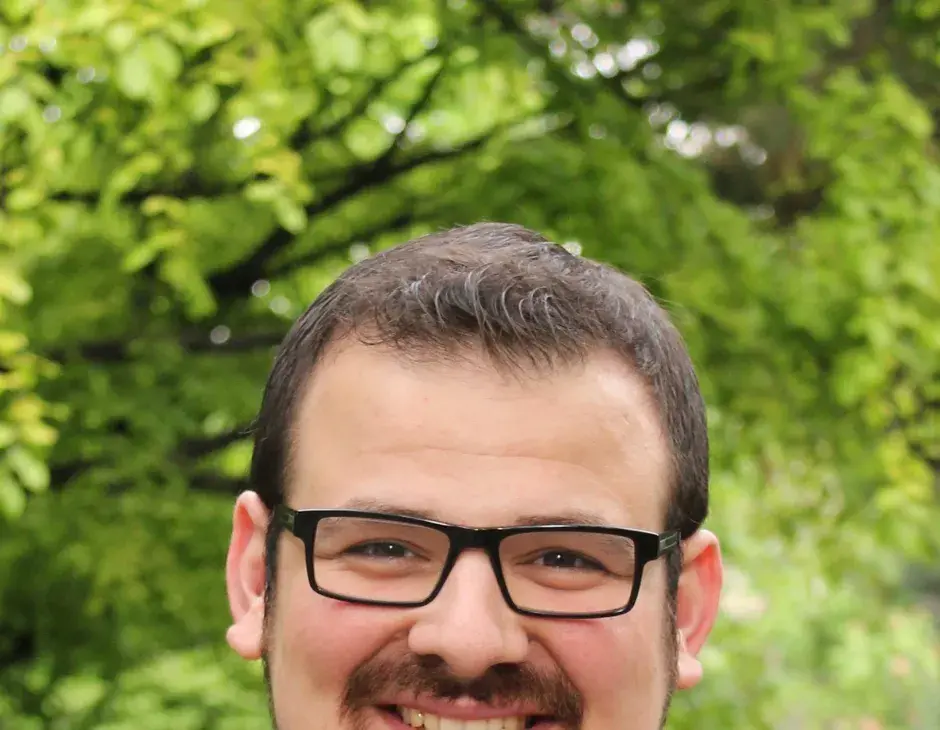Education, Awareness and Counselling Key to Preventing Radicalization in Prisons: Imam Ramazan Demir at KAICIID
What are the factors that foster radicalization within young Muslims? As part of the International Dialogue Centre (KAICIID)’s monthly “Religions in Dialogue” lecture series, Imam Ramazan Demir related his first-hand experience as official Muslim prison counsellor to answer questions that are crucial for preventing the abuse of religion to justify terrorist acts.
Sharing an anecdote about his first experience as prison counsellor, Imam Demir described how he found himself offering an impromptu sermon at the prison’s mosque. Through dialogue with the inmates, it became evident that there was a continuous need for counselling. Imam Demir promised he would return to provide this counsel,and has been doing so ever since.
In a talk based on his best-selling book “Among Extremists”, he provided the audience insight into daily life in prison, and into the thoughts, hopes and fears of the Muslim inmates he counsels. Imam Demir explained that there is a pressing need for communication and factual information, citing social media as one of the key factors in the radicalization of young Muslims. He explained that many young people are looking for guidance in life and described the problematic situation of many of them turning to videos made by self-proclaimed “preachers’” on social media. Often, these “preachers” deliver extremist messages.
As the second major factor of radicalization, Imam Ramazan Demir outlined unofficial and unauthorized “backyard Mosques” where the preachers are charismatic figures, often with a link to martial arts and a “dangerous superficial or false knowledge of Islam, paired with a couple of Arabic verses”. They present themselves as “Super Muslims” and young people seeking orientation often look up to them as they are striving for validation. Imam Ramazan Demir exhaustively explained the difference between unofficial mosques, and the official ones where authorized Imams preach. Many of these authorized Imams have enemies in the more radical scene. He also explained that many of those who are vulnerable to radicalization come from disadvantaged backgrounds and are psychologically tricked, manipulated and deluded by empty promises.
Imam Ramazan Demir underlined the problematic role of the media in misrepresenting Islam and thereby fostering fear of Islam among the general public. He explained that education and clarification is needed, both by and for Muslims and the general public. The former need to know where to turn when in need of support or guidance while the latter need to understand the difference between Islam and those who abuse religion to justify their violent acts.
The third factor was described as radicalization by fellow inmates in prison. Imam Demir explained that, across all religions, the relevance of faith usually increases when people are serving a prison sentence. He underlined that many people have pressing questions and need to have somebody who listens to them to lift the often heavy psychological burden from their shoulders.
Imam Demir called formore, well trained and full-time Muslim prison counsellors, as well asmore political education and Muslim religious education at school. It is only through these measures that integration and social cohesion can be fostered and, consequently, radicalization prevented.
Religions in Dialogue – Lecture series
KAICIID regularly hosts public lectures in German-language on world religions, interreligious dialogue and coexistence at its historic headquarters in Vienna. To be added to our mailing list, send us an email at dialog(at)kaiciid.org

